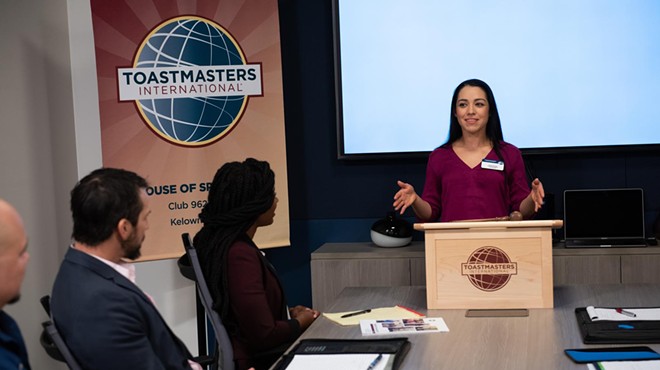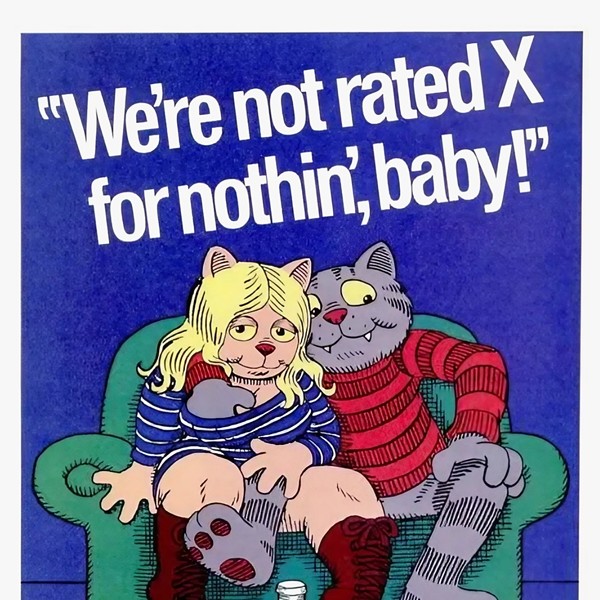Last night I stayed up late with some girlfriends, so I didn't set the usual alarm. And when I awoke, T was long gone, Azalea was still asleep, and the house was silent. I was alone, in bed, and the sun was up. An uncommon set of circumstances, to say the least. And when I opened my eyes, the wooden blinds of our wide window already pulled up, I could see the whole big world of grey clouds settling over the mountain that makes this valley, with just a little bit of red light passing through fog, so pink and soft behind the brown December trees. I took all that beauty as some encouragement to face into this day with a brave heart.
Holidays. As much as I love them, especially now that I am a mom, and am excited to excite Azalea about things like gravy and latkes and setting a table, each year I notice a little more sadness leaking into all the candle lighting. Last week, on the day of Hanukkah we were celebrating with the most fanfare, I actually had to sit down and cry over missing my dad, which I have really never done before. But it was so strange, not like missing his person, or personality, or the smell of car grease on his hands, or anything particularly pleasurable that I associate with him. It was more just missing his life as a fact, a dot to which I might have connected if he were alive. A familiar phone number I could call. Even if the person on the other end had been unsatisfying or irritating, at least I could engage in some primitive human question, like how much vinegar should I add to the prune roast?
And last month I wrote here about his mom, Grandma Beryl, who I long for more intimately, but again, it's almost as if I just want to know someone. I want someone to know me. I want to feel like I exist in a context.
And due to all this stirring up, I have been looking into other aspects of my childhood with a fresh eye, making the effort to be simple and honest with myself without censoring my feelings or cutting myself off in order to protect people. This is proving more difficult than I would have imagined. It feels silly, after all this time, to be here, again. And it is hard to believe that all this processing really matters. It is not unusual for us grown-ups to continue to probe our childhoods for answers to the present. But once we have children of our own, the pressure mounts and the stakes are raised. Not only do our habitual patterns become someone else's lifelong burden, but we can also be triggered by seeing our own kids as kids, the tender little humans we once were.
It is a basic of Zen that the past doesn't exist, or the future for that matter, not to mention all the other "things" we imagine our life to consist of. The only truth is each moment—no arising, no dissolving, absolutely right now. For anyone who practices, this is an aspect of reality that we are learning to appreciate more and more all the time. Through hours and hours, days, weeks, months and years of sitting in zazen, we begin to see through the wispy web of fantasy-life that permeates our moment to moment experience, calling to us as the poet Michael Van Walleghen writes in one of my favorite poems ever, "like voices from the moon." And he continues, "Where would they have you go/That is not the same/Blank field?" My favorite question these days.
Even without practice, we can see clearly that the past is just an idea. For most of us, our ideas about who we are, and were, our bundled energies of childhoods (or past lives, even, if you're a Tibetan Buddhist) are so powerful they anxiously, blindly, catapult us through our present lives. The Buddhist word for it is samsara, the endless cycle of birth and death. As far as I can tell, the only way out is in, awakening to the radical present of our own bodies and minds, which of course includes the past. Not my ideas or feelings, per se, about the past, but the karmic traces of it that fill and direct my body now. As in, the way my body heats with rage when someone gets in my face, which is something that, unfortunately, 4-almost-5-year-olds do all the time.
In other words, I have been through so much of this material before, and sometimes seeing that makes me so cranky and frustrated! And yet, this time, it's different. I'm different. My ego's desire to maintain itself has finally met its match: she has the dreamiest milk smell, is afraid to die because of how much she will miss her stickers, says things like, "my brain needs to see your beautiful dark eyes," and can kick my butt at wild-animal Memory. Loving Azalea has changed the course of my life.
And inspired as I am by the challenge to take good care of her—better care than was ever taken of me—I am willing to take the risk of dwelling in what Pema Chodron calls "the cool loneliness" of the middle way. Withstanding the urge to move away from what feels intolerable, to cut a little closer to the bone. To stop chasing after something to settle or resolve or hide the raw nerve. I mean, come on, it's 15 degrees outside, and I'm not getting any younger. It's time.
So, after my morning reverie of looking out the window, I got up, jumped in the shower, and began the business of my day. Azalea soon woke up, warm little feet meeting the cold floor, dragging her Kai-kai bunny along with her. We hugged, ate, negotiated. The usual. And on the way to school, the car windows crusted with snowflake-patterned frost, Azalea remarked: Mama, Fall is over. It's winter now.
That's my girl.

















